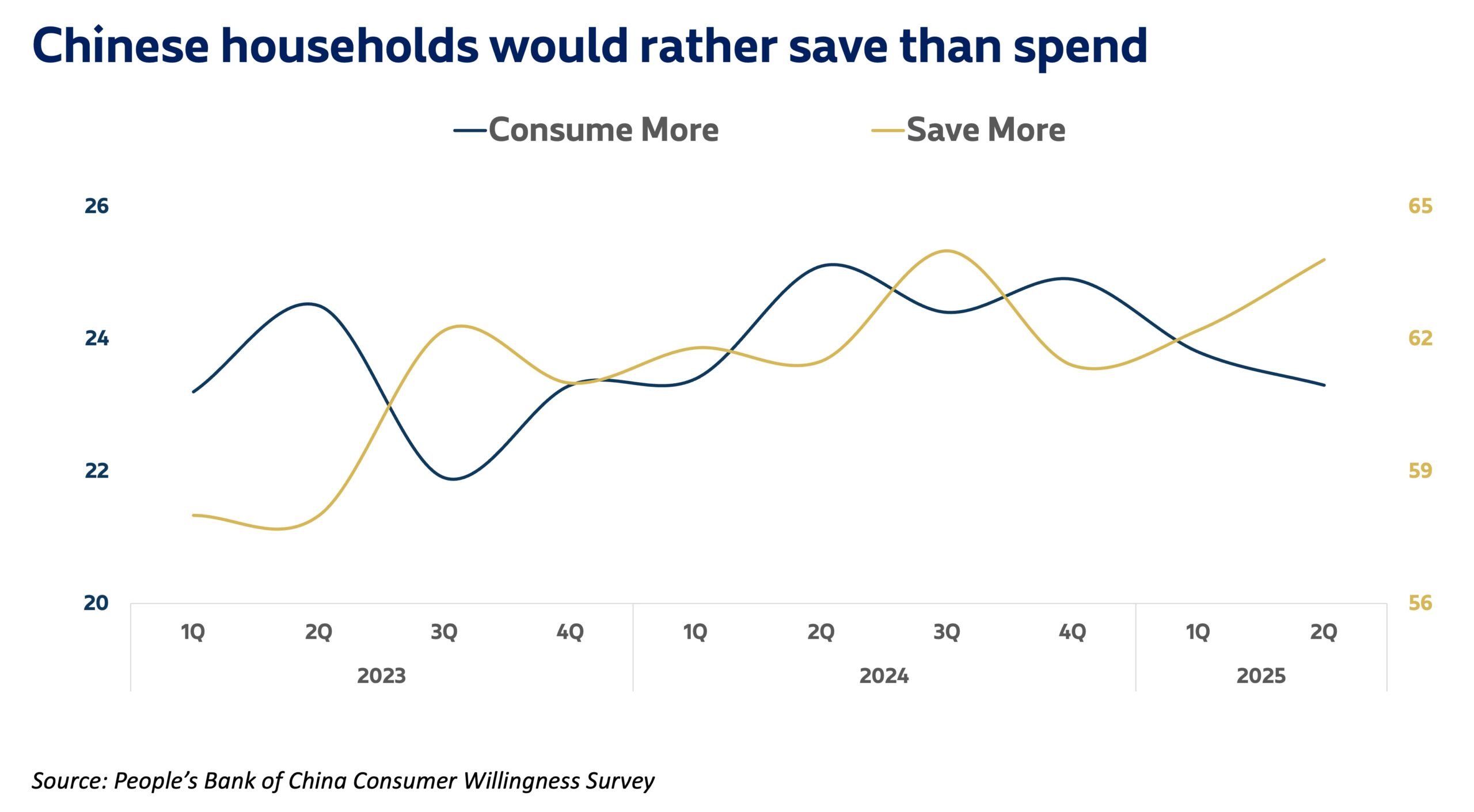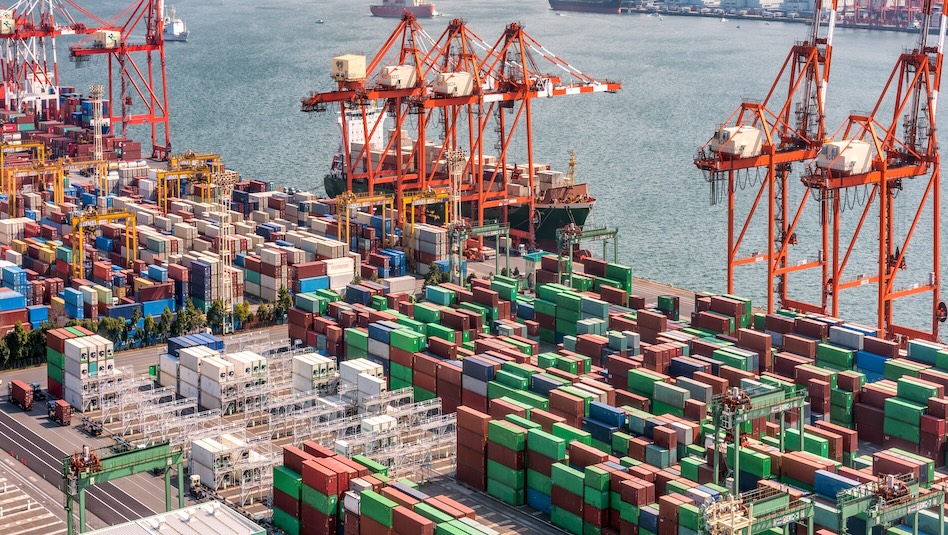China combats drawn out deflationary streak
China’s anti-involution moves fuel investor confidence, but uncertainty on implementation and broader economic challenges remain

China’s government is targeting price wars in key industries to combat a prolonged deflationary streak and boost market confidence.
The Communist Party’s Politburo has vowed to tackle so-called involution, characterized by intense price competition in sectors like new energy vehicles, solar, and materials.
This echoes supply-side reforms in 2015-2016, which targeted state-dominated upstream industries like steel, coal, and cement. Unlike then, today’s oversupply challenges extend to private sectors, amplifying economic struggles.
Nevertheless, the anti-involution strategy, which has been highlighted by the government since June 2025, has fostered market optimism.
The move is seen as equity-friendly given its potential to alleviate deflationary pressure and enhance corporate profitability. Sectors that have started addressing unhealthy competition, such as solar and materials, have seen double-digit stock market gains and contributed to the outperformance of the CSI 300–a weighted index of top Chinese stocks.
Read our previous insights on China: ·
- As China faces high tariff risk, less US reliance may soften its blow
- Tariff talks: How do economies stand in trade negotiations?
Still, sustained economic recovery requires clearer policy directives and robust demand-side measures. Long-term consumption growth would depend on overcoming consumer reluctance to spend, as seen in increased saving plans.

Bold initiatives to ensure job security and boost income generation are critical to break China’s persistent growth challenges, paving the way for a more resilient economy.
Strategy: Maintain neutral stance
China’s anti-involution initiative is boosting investor confidence by signaling a proactive policy approach to counter deflationary pressure. However, significant outflows reflect persistent caution, as investors secure gains amid uncertainty surrounding policy implementation and other broader economic challenges.
Consequently, a neutral stance on Chinese equities is advised. Heightened risks stemming from potential tariff disputes and persistently weak domestic demand remain critical obstacles to China’s economic recovery.
(Disclaimer: This is general investment information only and does not constitute an offer or guarantee, with all investment decisions made at your own risk. The bank takes no responsibility for any potential losses.)
ANNA DOMINIQUE CUDIA, MBA, CSS, is the Head of Markets Research at Metrobank’s Trust Banking Group, spearheading the generation and presentation of financial markets insights to clients. She used to be with Metrobank’s Investor Relations, where she brought in international awards and took part in various multi-billion peso and dollar capital raising activities. She holds a Master of Business Administration (Finance) degree, with distinction, from the University of London, and industry certifications in finance. She is a naturally curious person and likes to travel here and abroad.
SOPHIA THERESE “PIA” BONIFACIO is a Markets Research Analyst at Metrobank’s Trust Banking Group, covering local and offshore macroeconomic research. She obtained her Bachelor’s degree in Economics with a Specialization in Financial Economics, cum laude, from the Ateneo de Manila University and is a Certified UITF Sales Person (CUSP). Pia enjoys long road trips and is a self-proclaimed milk tea connoisseur.







 DOWNLOAD
DOWNLOAD




 By Sophia Bonifacio and Anna Cudia
By Sophia Bonifacio and Anna Cudia